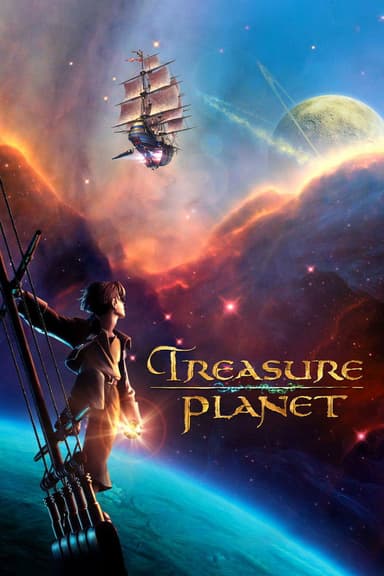
Time Masters
1982 • Adventure, Animation, Science Fiction
On planet Perdide, an attack of giant hornets leaves young Piel alone in a wrecked car with his dying father. A mayday message reaches their friend Jaffar, an adventurer travelling through space. Onboard Jaffar’s shuttle are the renegade Prince Matton, his fiancée, and Silbad, who knows Perdide well. Thus begins an incredible race across space to save Piel.
Runtime: 1h 20m
Why you should read the novel
Before you press play on Time Masters (1982), discover the source that inspired it: The Orphan of Perdide by Stefan Wul, a landmark of French science fiction now available in English. Reading the original space adventure deepens the stakes, clarifies the world, and reveals the thematic core the film adapts.
Wul’s novel offers sharper character motivations and a gripping survival narrative on the hostile planet Perdide. You’ll get fuller context for the rescue mission, broader interstellar politics, and the seeds of the time-paradox twist—delivered through elegant, page‑turning prose rather than visuals alone.
If you’re searching “Time Masters book,” “Les Maitres du temps novel,” or “Stefan Wul English translation,” the answer is The Orphan of Perdide. Add it to your science‑fiction reading list and experience the original vision before any adaptation choices reshape it.
Adaptation differences
Names, roles, and emphasis shift between page and screen. The film renames several protagonists and compresses backstories to fit a tight runtime, while the novel devotes chapters to history, motivation, and the logistics of interstellar travel.
Visual invention guides the movie. Moebius’s designs, additional creatures, and comic interludes create moods and species not described in Wul’s text, whereas the book leans on stark planetary ecology, mounting tension, and hard‑edged survival detail. Expect fewer whimsical detours in the novel, more sustained suspense.
The handling of time and causality also diverges. On screen, the narrative gives time manipulation an explicit, almost mythic framing, culminating in a lyrical finale. In the book, the paradox is delivered with a terser, more pragmatic explanation that foregrounds consequences rather than metaphysical agency.
Tone and pacing differ accordingly. Les Maitres du temps privileges melancholy atmosphere and set‑piece spectacle; The Orphan of Perdide moves faster through plot revelations, expands supporting characters via interiority, and supplies additional world‑building that the adaptation only suggests in passing.
Time Masters inspired from
The Orphan of Perdide
by Stefan Wul







